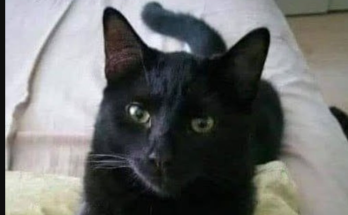For many families, heirlooms come in the form of jewelry, antiques, or carefully stored letters. In my family, however, the most treasured heirlooms are a set of cast iron pans passed down from my grandmother. To her, these pans were never just kitchen tools. They were a living history—silent witnesses to holiday dinners, Sunday breakfasts, and countless conversations around the table.
One afternoon, I reached for one of her beloved skillets to prepare dinner. Confident it could handle anything, I placed it on the stove without hesitation. That’s when Grandma walked in, smiling warmly yet shaking her head.
“Not every dish belongs in a cast iron pan,” she said softly.
At first, I laughed, thinking she was joking. But her expression held both love and seriousness. She invited me to sit down, and what followed was not just a lesson in cooking—it was a lesson in life.
1. Be Careful with Acidic Foods
She explained that tomato sauces, citrus, or vinegar-based dishes can wear down the seasoning she had built over decades. That “seasoning” is what keeps food from sticking and gives the skillet its natural nonstick surface. Protecting it means preserving the pan’s strength for the next generation.
2. Know What Works—and What Doesn’t
While cast iron is perfect for searing meats or baking cornbread, it isn’t always the best choice for delicate foods. Fish, for instance, can easily flake and stick. Desserts, too, may pick up unwanted flavors if cooked in the same pan used for savory dishes.
3. Respect the Care Behind It
Every time she oiled the pan, cleaned it gently (never with soap!), and stored it properly, she wasn’t just maintaining cookware. She was preserving family tradition, ensuring that the pan would be ready to serve long after she was gone.
What struck me most wasn’t just her cooking advice—it was the message behind it. Grandma taught me that objects last when we treat them with patience and care. The skillet, to her, was a symbol of resilience, respect, and tradition.
Today, when I reach for that same pan, I see more than cast iron. I see the meals we shared, the laughter that echoed through her kitchen, and the quiet lessons she passed down. Her words remind me that in both cooking and life, the things we love most demand attention, respect, and dedication if we want them to endure.
Grandma’s cast iron pans are more than a family heirloom—they’re a legacy. Every scratch, every layer of seasoning, and every meal prepared within them carries the story of love, patience, and tradition.
If you have a cast iron pan of your own, consider it more than cookware. With the right care, it can become part of your family’s story too—just like it did for mine.




